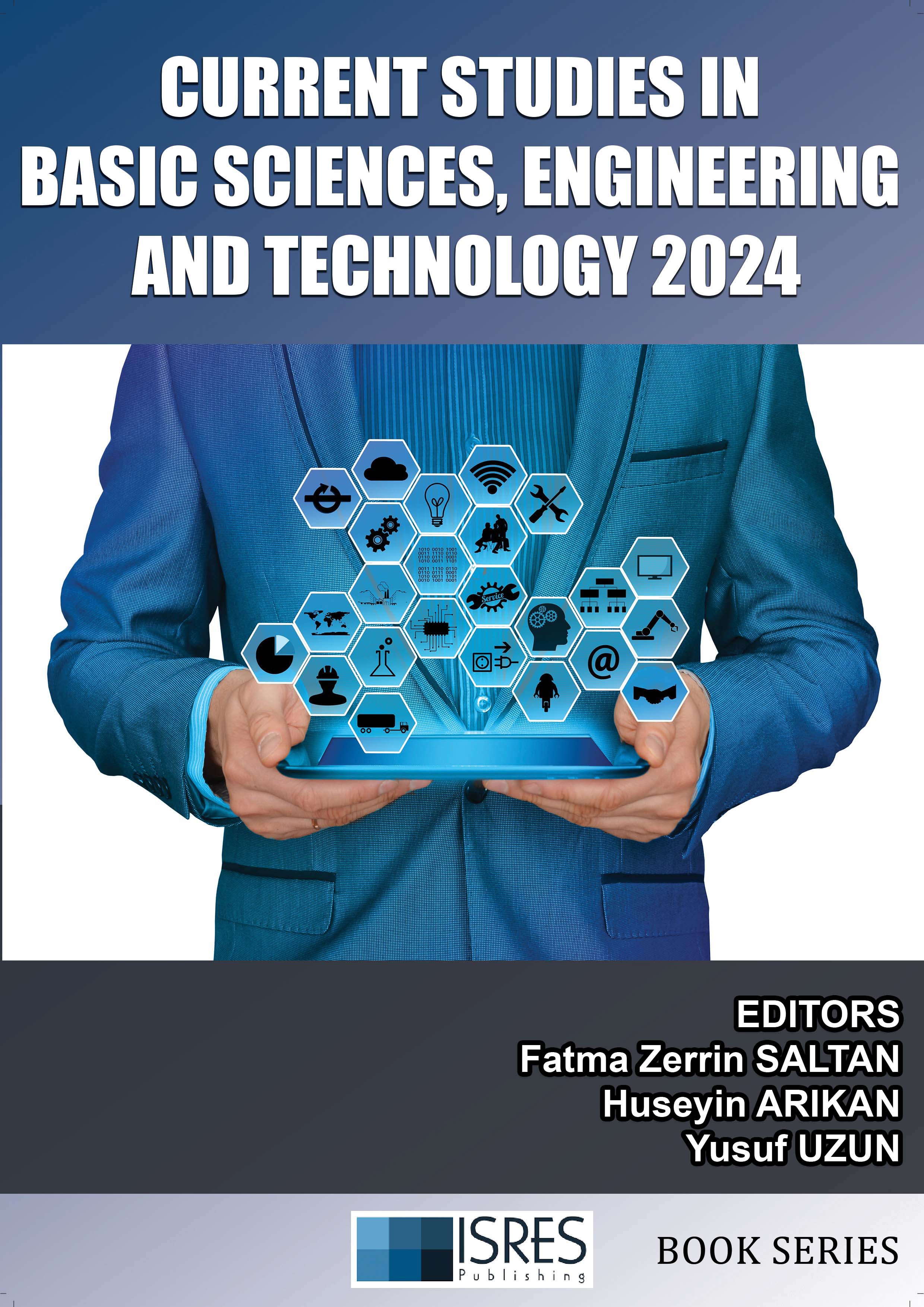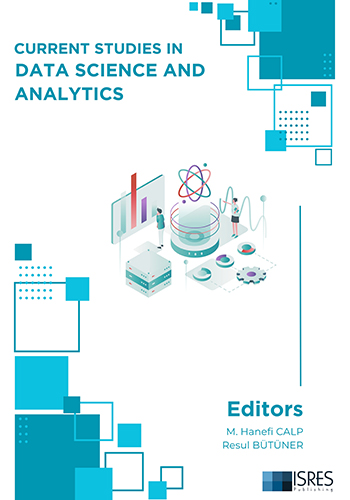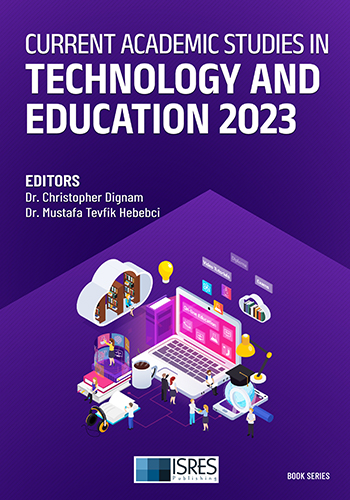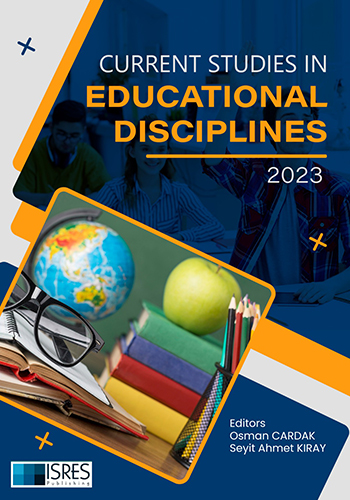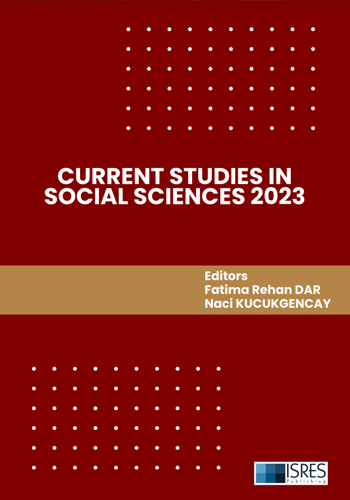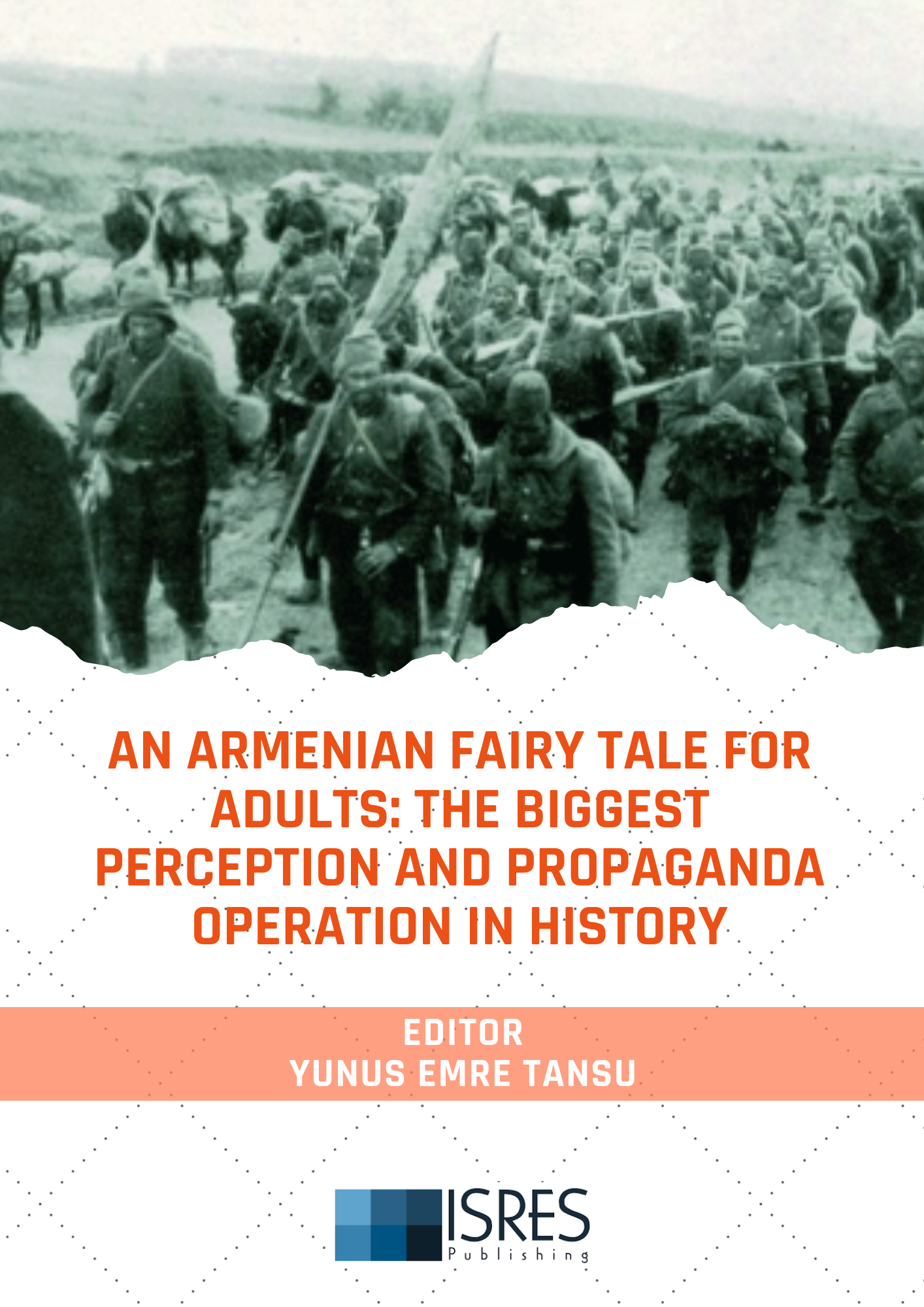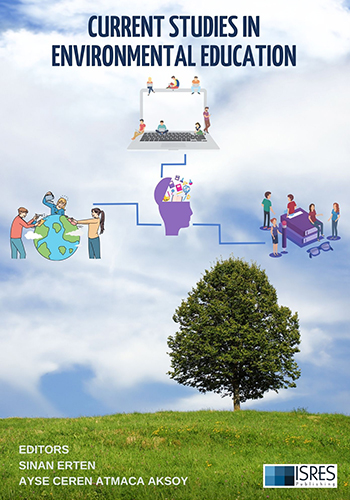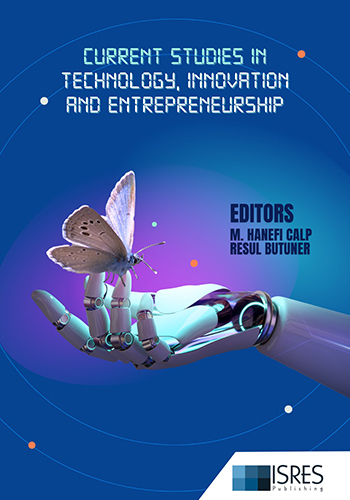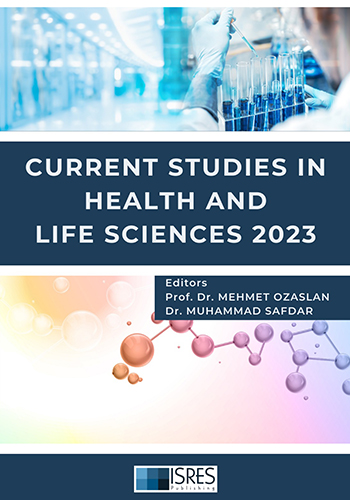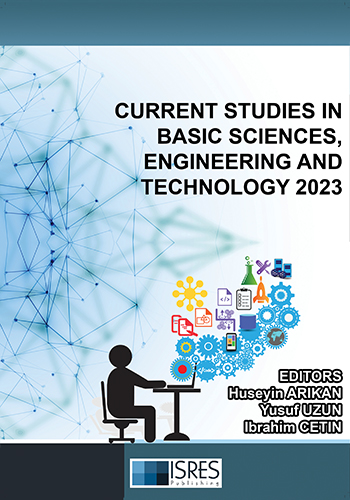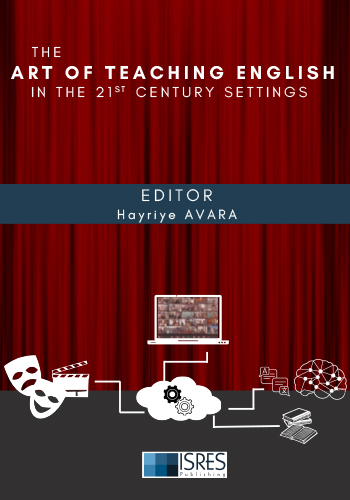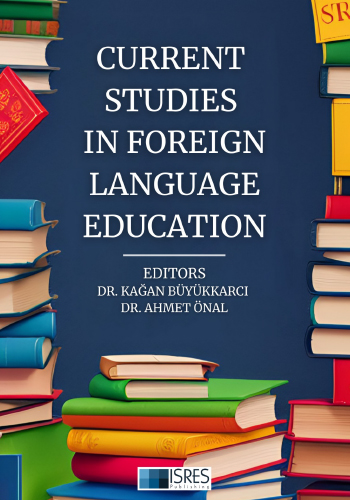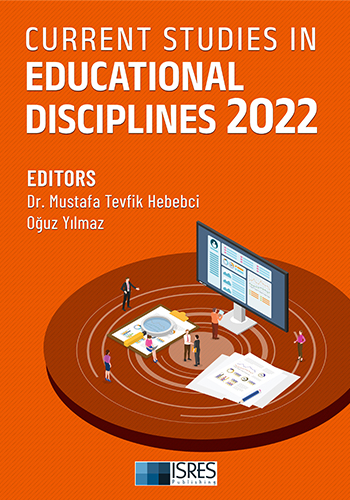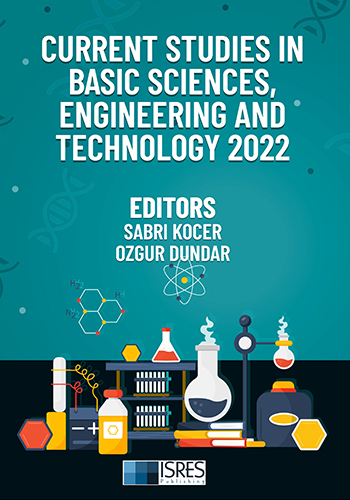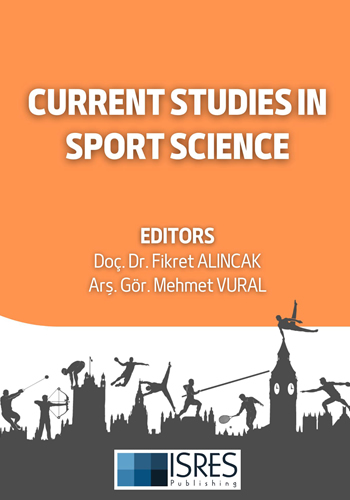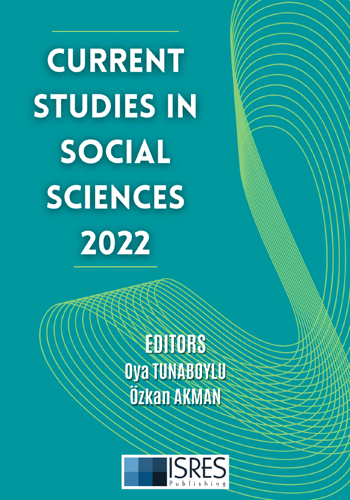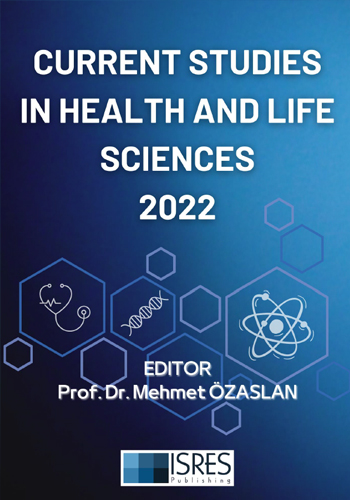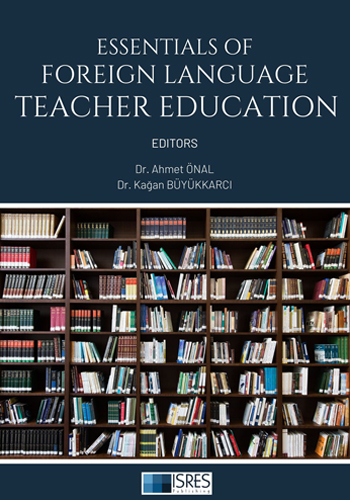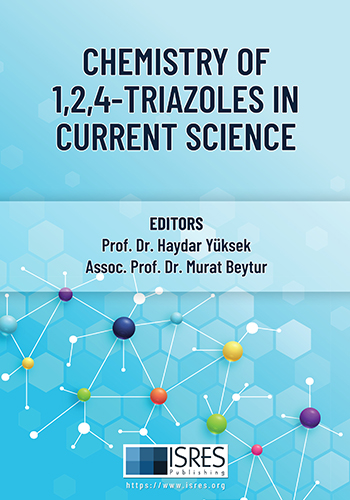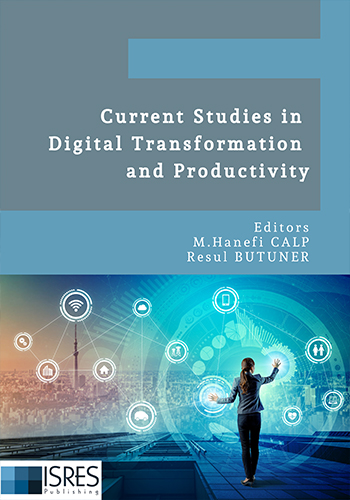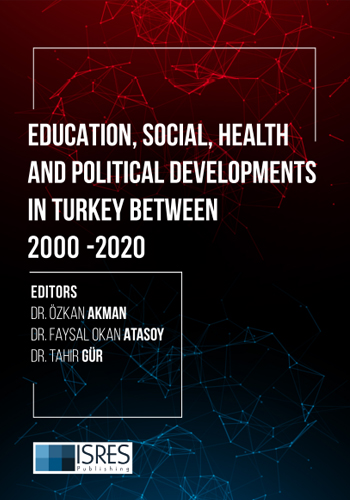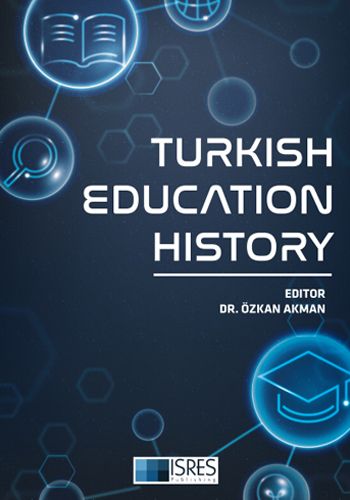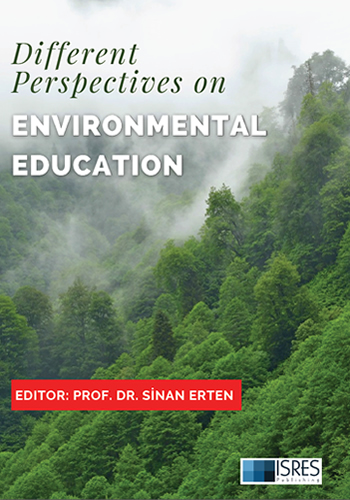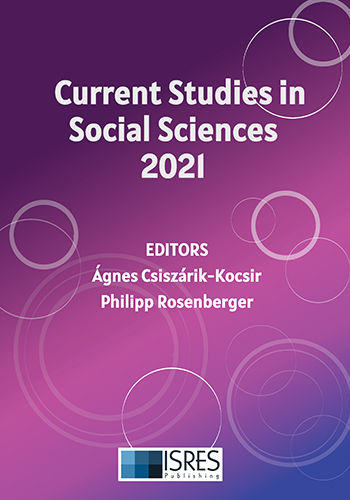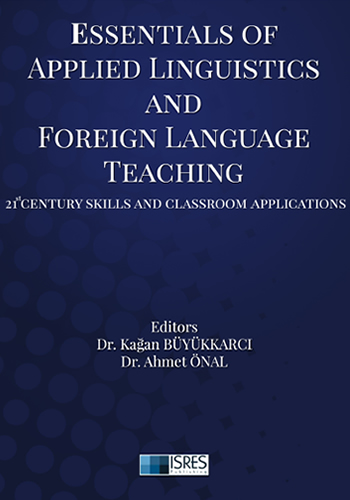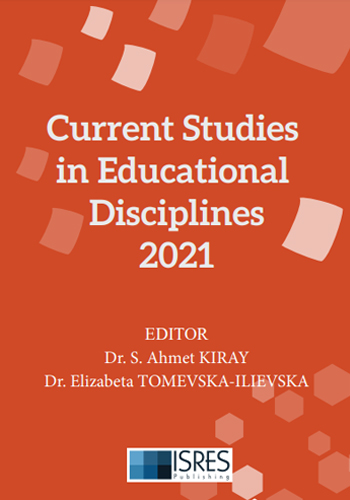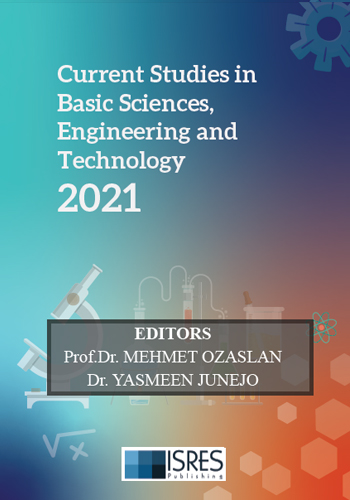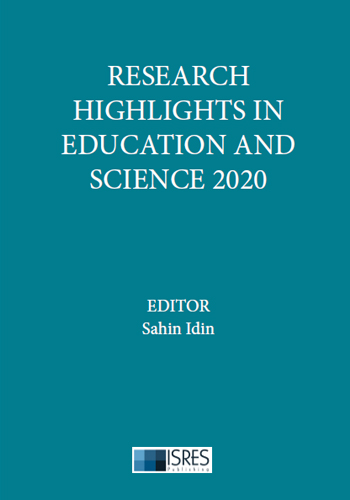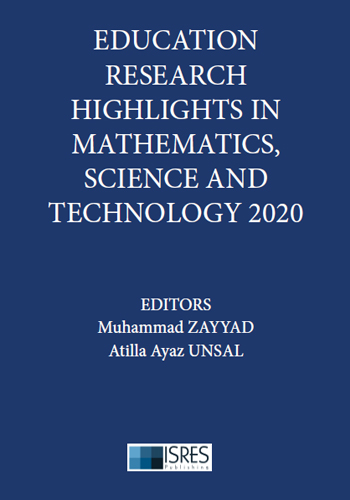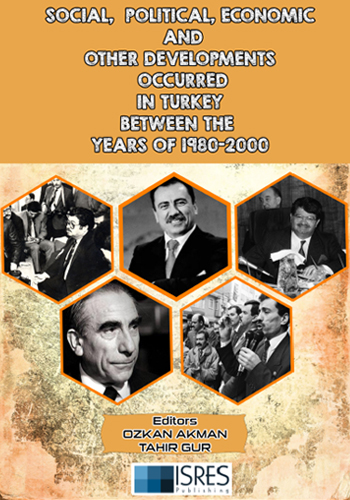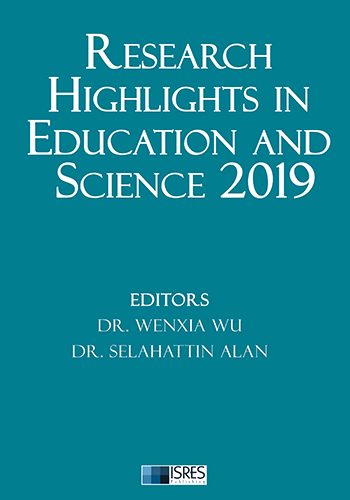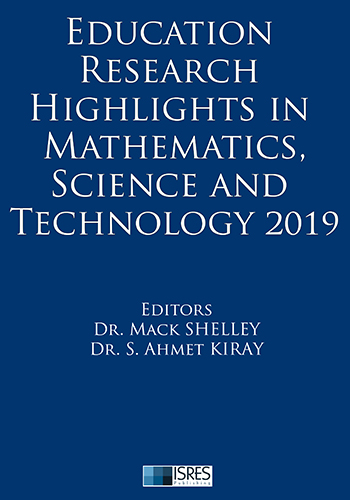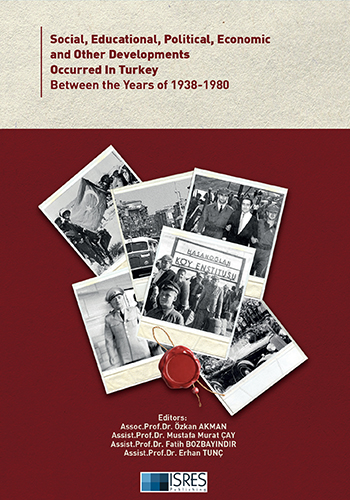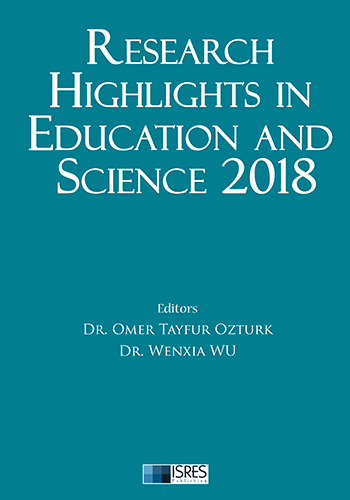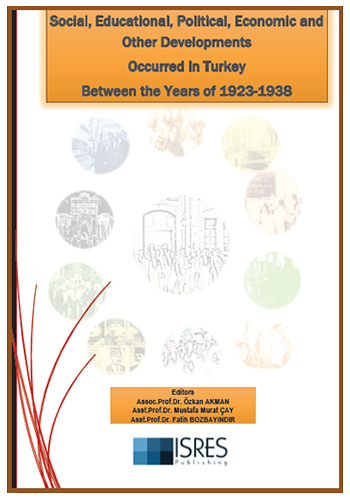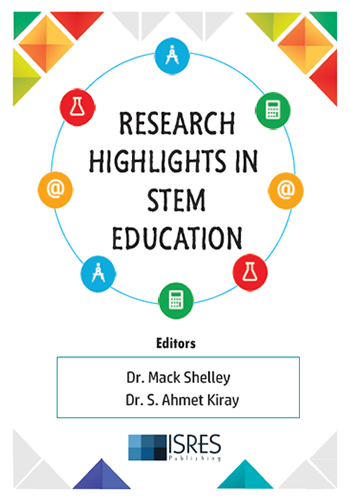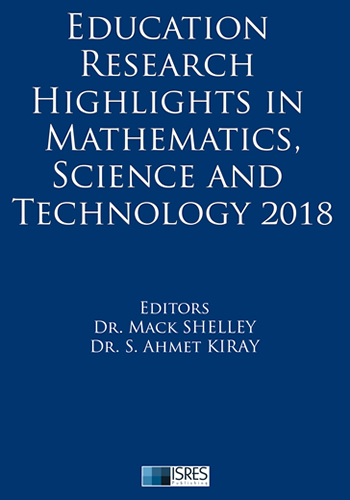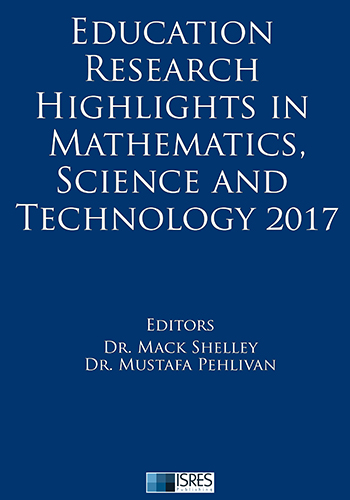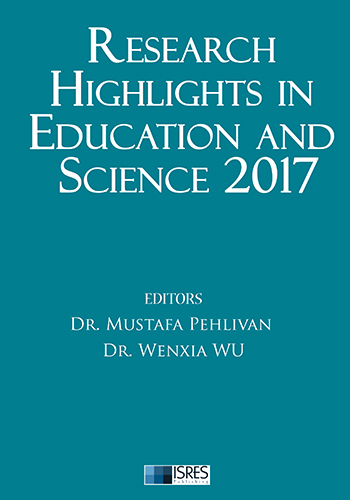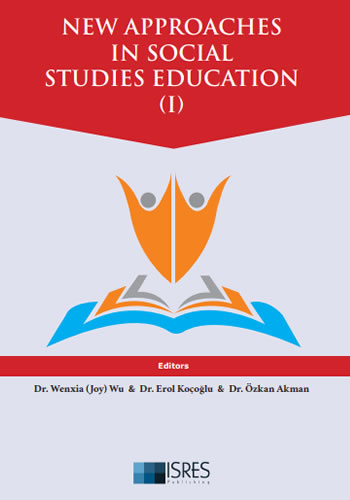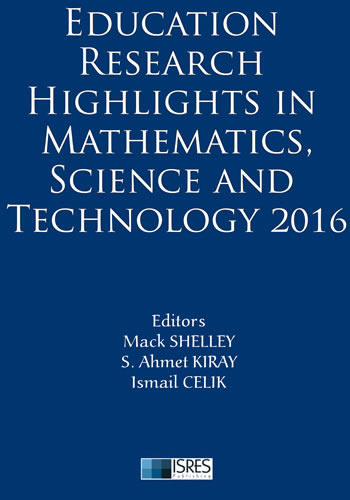Abstract: Soil is one of the most precious assets of humanity as it provides support and nutrients for plants, shelter for organisms that live in it, makes life possible. But it is a finite natural resource that is easily damaged so it needs protection and rational management as a result of education and public information ("Decalogue of Soil by the Council of Europe"). Decomposers are a consumer category, mainly fungi and bacteria, which mineralize dead organic matter and close the biogeochemical cycles, so contribute to the recycling of nutrients in ecosystems, protect the life. The project of teaching research, which is described in this paper, was part of the Lyceum course of Environmental Sciences aimed to the theoretical and practical approach of the concept of decomposition. For the preparation of theoretical teaching, it was utilized some school teaching tools and techniques, searched the synonymous and linked terms to decomposition into the Curricula and school books of Lyceum. In the field and in the laboratory, it was materialized measurements of paper decomposition rate, in the forest of the school yard. Measurements received in a sampling period of one school year, with a previous pilot phase, and after statistical analysis, exported conclusions concern the seasonal variations of the soil decomposers’ action, in correlation to the weather conditions.
The Notion of Decomposition: A Didactic Research in Lyceum Biological Courses
Research Highlights in Education and Science 2016
Editors: Wenxia Wu, Selahattin Alan, Mustafa Tevfik Hebebci
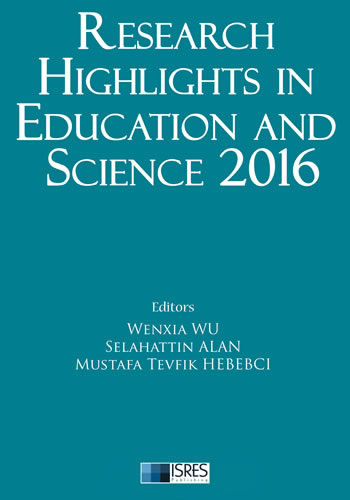
4268
The Notion of Decomposition: A Didactic Research in Lyceum Biological Courses
Chapter Authors: Maria Kalathaki
Pages: 132-138
Other Chapters
Flipped Classroom Model in Education
Fatih Serdar Yıldırım, Seyit Ahmet Kıray
More Info Pages: 2-8
Instructional Skills Workshops: A Model for Training Professors How to Teach
Peter Fenrich, Ron Johnson
More Info Pages: 9-20
The Effects of Mentoring on Chemistry Teachers’ Professional Development
Ayşegül Sağlam Arslan, Suat Ünal, Faik Özgür Karataş, Ayşegül Arslan
More Info Pages: 21-27
The Importance of Using Archive in Social Studies Education
Özkan Akman
More Info Pages: 28-33
Geography Students' Perception on Implementation of Multiple Intelligences in a Clil Course
Ljiljana Marković, Zorica Prnjat, Slađana D. Anđelković
More Info Pages: 34-39
Creating Real Learning Experiences Rather than Teaching Based on the Traditional Transfer of Mathematical Information, at College Level
Elizabeth Mena Avılés, Ana Gema Guevara Aguilar, Roberto Rosas Rangel, Ernesto Save Moreno
More Info Pages: 40-47
The Impact of the Edulab Model on the Learning Process: Students and Teachers’ Perceptions
Ana Oliveira, Lúcia Pombo
More Info Pages: 49-61
New Recommender System Using Naive Bayes for E-Learning
Mehmet Özcan, Furkan Göz, Tansu Temel
More Info Pages: 62-68
Business Education in Palestine Information Technology and Business Education
Sharif Musbah Abu Karsh
More Info Pages: 69-79
Investigation of Views of Middle School Students, Preservice Science Teachers and Science Teachers Towards Robotic Applications
Sibel Açışlı
More Info Pages: 81-88
Leadership Styles Adopted By Headteachers and the Influence on Staff Performance in Primary Schools of Chimoio Cluster in Mozambique
Charnaldo Jaime Ndaipa
More Info Pages: 89-97
Plate Tectonics “Integrative Concept” In the Moroccan Curriculum of Secondary Schools
Radouan Chakour, Sabah Selmaoui, Anouar Alami, Moncef Zaki
More Info Pages: 98-102
Challenges of 4th-Year Middle-School Students in the Process of Mathematical Modeling: Summer Job Problem
Neslihan Şahin, Ali Eraslan
More Info Pages: 103-111
Impact of Global Capitalism on National Education “The Case of Turkey”
Mustafa Hilmi Çolakoğlu
More Info Pages: 113-123
Environmental Education in Turkey
Yüksel Ardalı, Gamze Turan, Nükhet Konuk
More Info Pages: 124-131
The Notion of Decomposition: A Didactic Research in Lyceum Biological Courses
Maria Kalathaki
More Info Pages: 132-138
Understanding of Population Genetics and Evolution Among University Students
Boujemaa Agorram, Moncef Zaki, Sabah Selmaoui, Abdelaziz Razouki, Salah-Eddine Khzami
More Info Pages: 139-148
Learning Mathematics with Educational Digital Game Programming
Şakir Taşdemir, İnayet Hakkı Çizmeci, Davut Alan
More Info Pages: 149-155
Addressing Racism from Classroom Teaching
Shirin Housee
More Info Pages: 156-167
Budapest/Hungary Conferences - August 28-31, 2025
We are pleased to invite you to ISRES conferences, which will be held at Obuda University/Budapest/Hungary on August, 28-31, 2025. The following conferences will be held in Budapest/Hungary:...
15.01.2025
Trabzon/Türkiye Conferences - May 01-04, 2025
ISRES Spring Conferences - Trabzon/Turkiye SOCIAL SCIENCES – May 1-4, 2025, Trabzon, Türkiye * 5th International Conference on Social Science Studies - IConSoS2025 ...
11.12.2024
Peja/Kosovo Conferences - July 10-13, 2025
We are pleased to invite you to our conferences, which will be held at University of Peja Haxhi Zeka on July, 10-13, 2025. The following conferences will be held in Peja/Kosovo: - 7th Internat...
28.11.2024





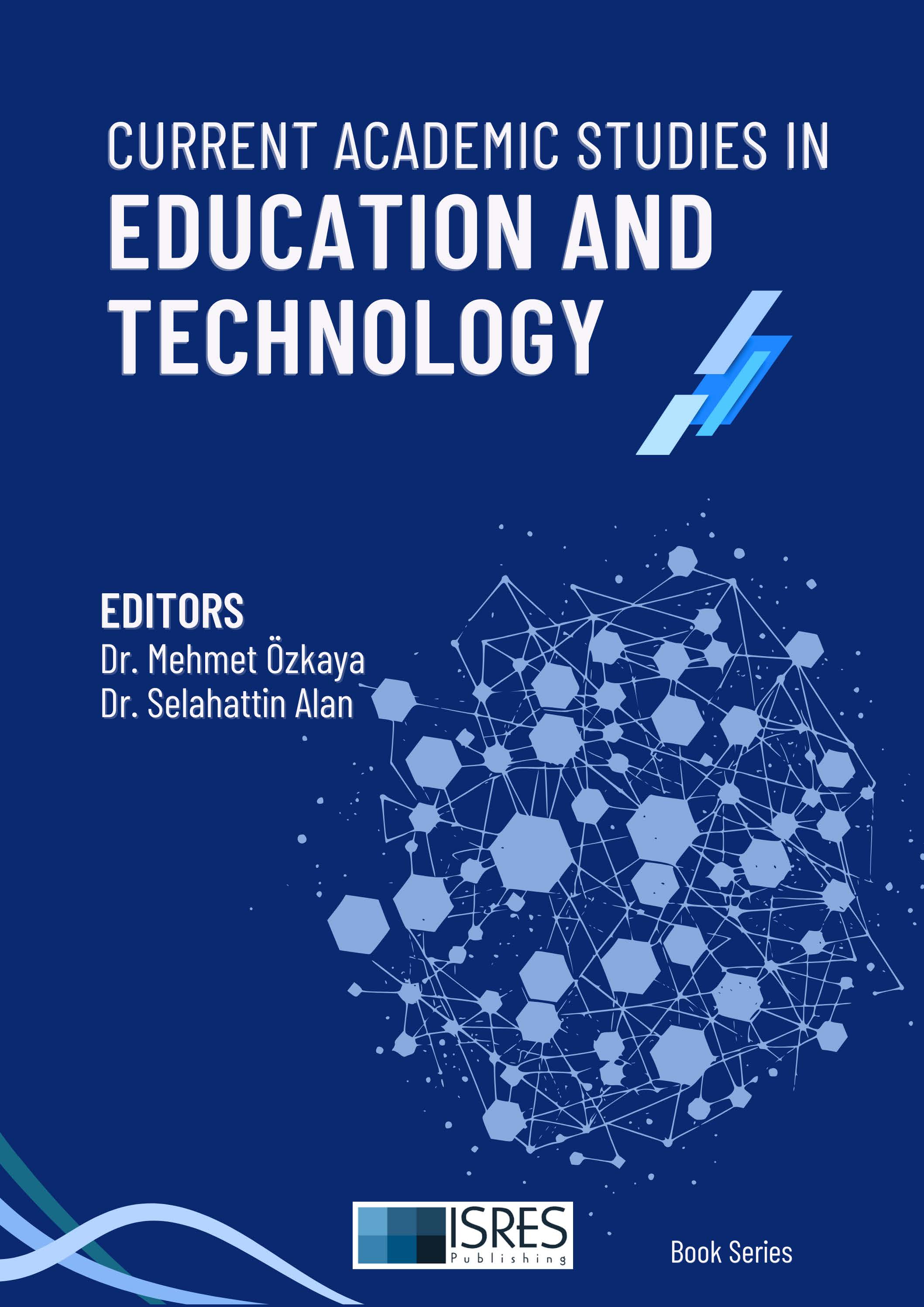



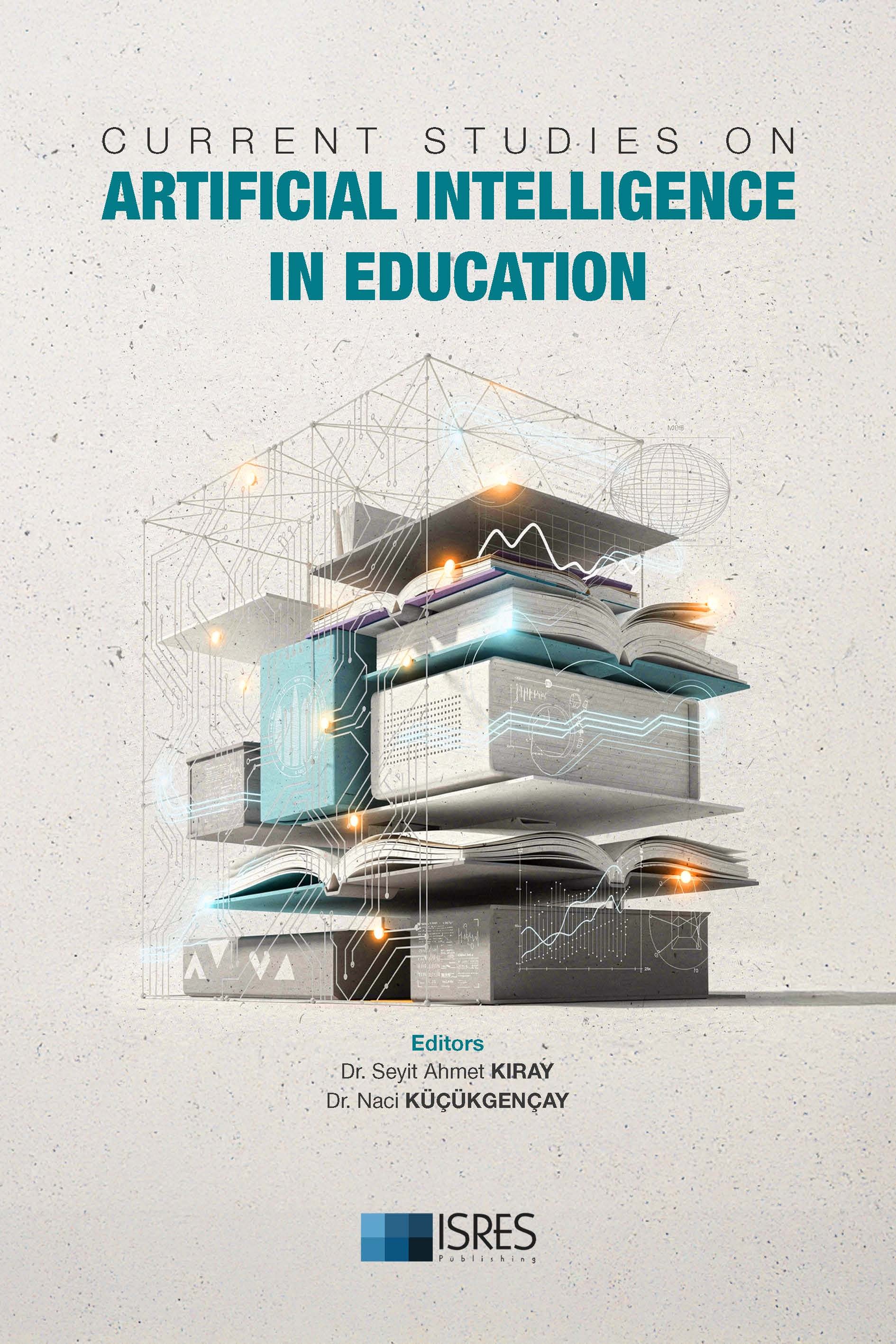
_Sayfa_001_23-12-2025.jpg)
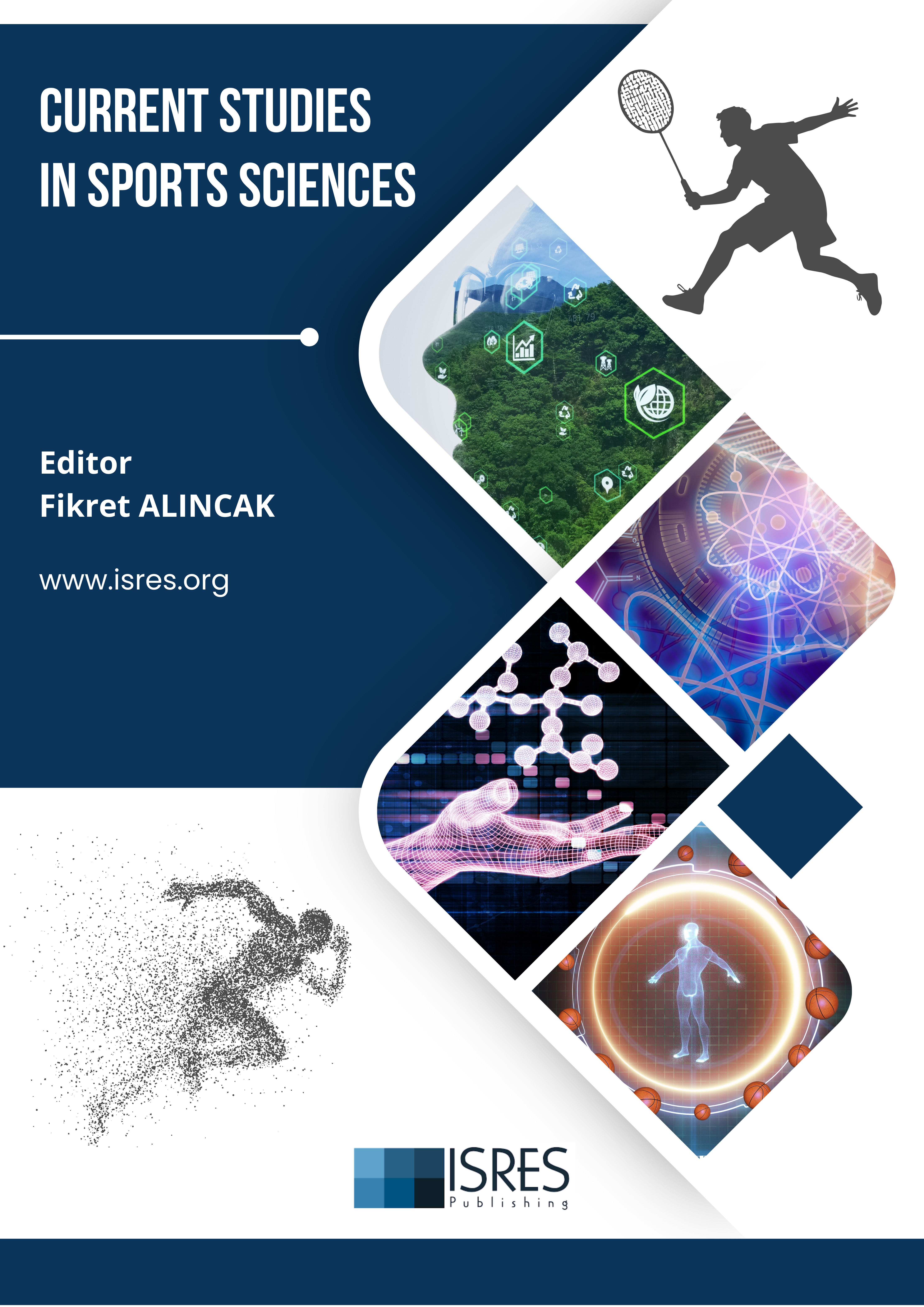


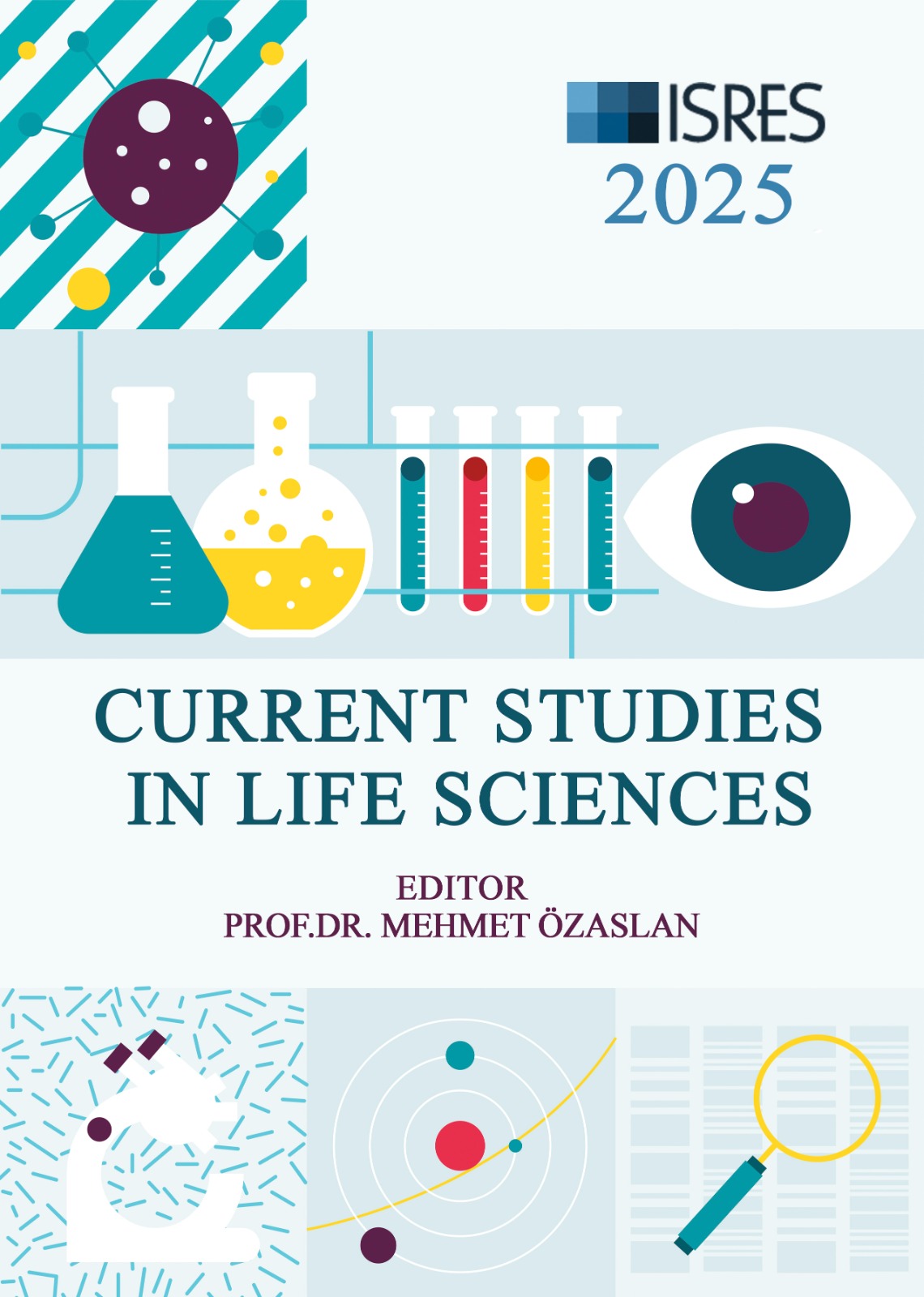
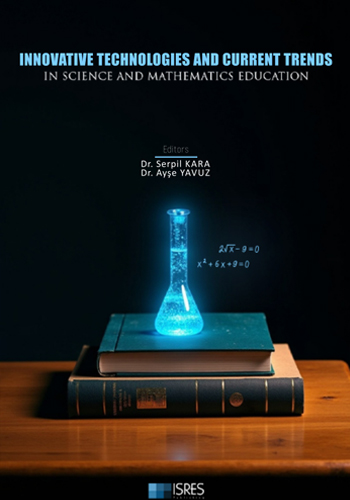
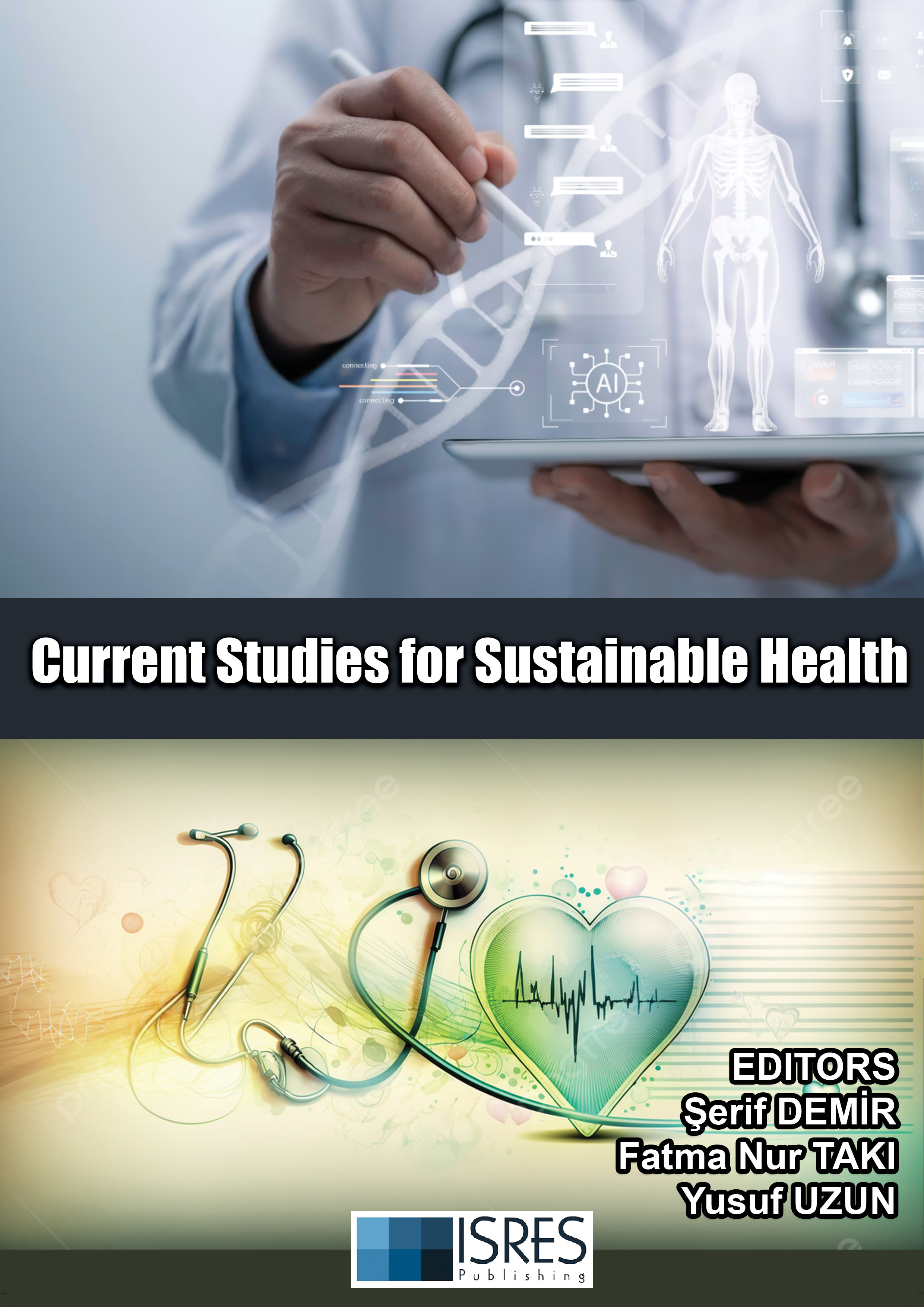




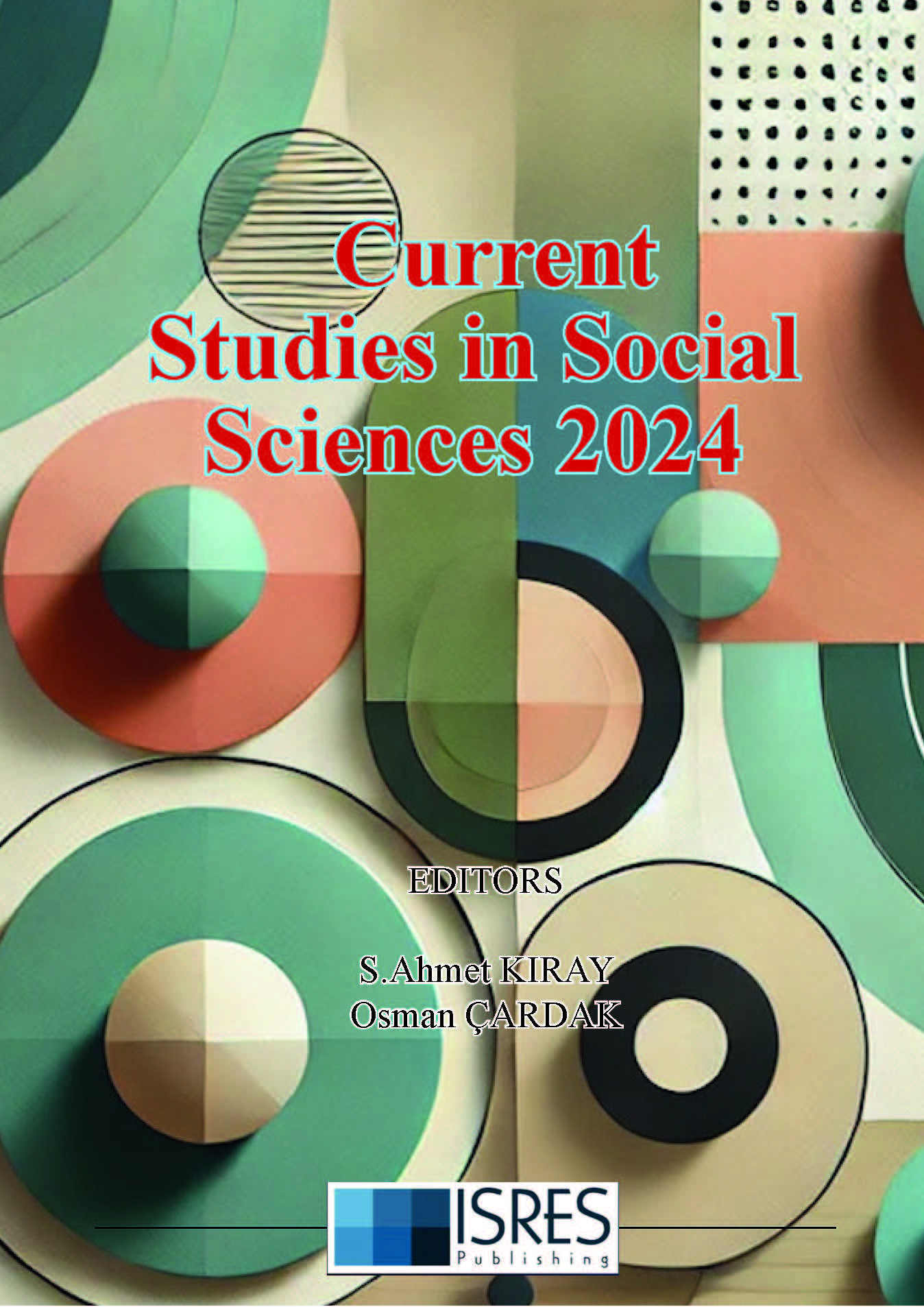
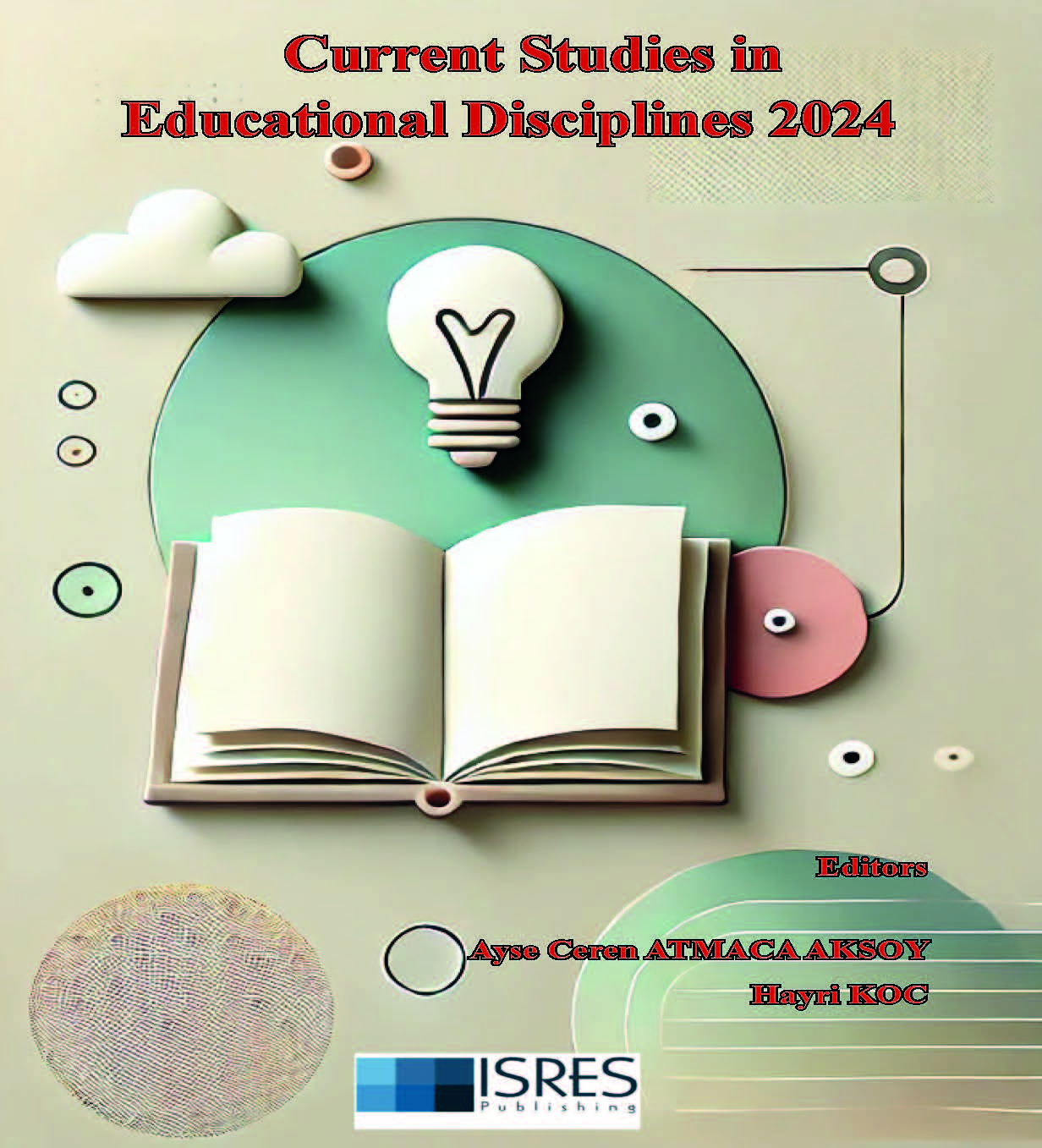
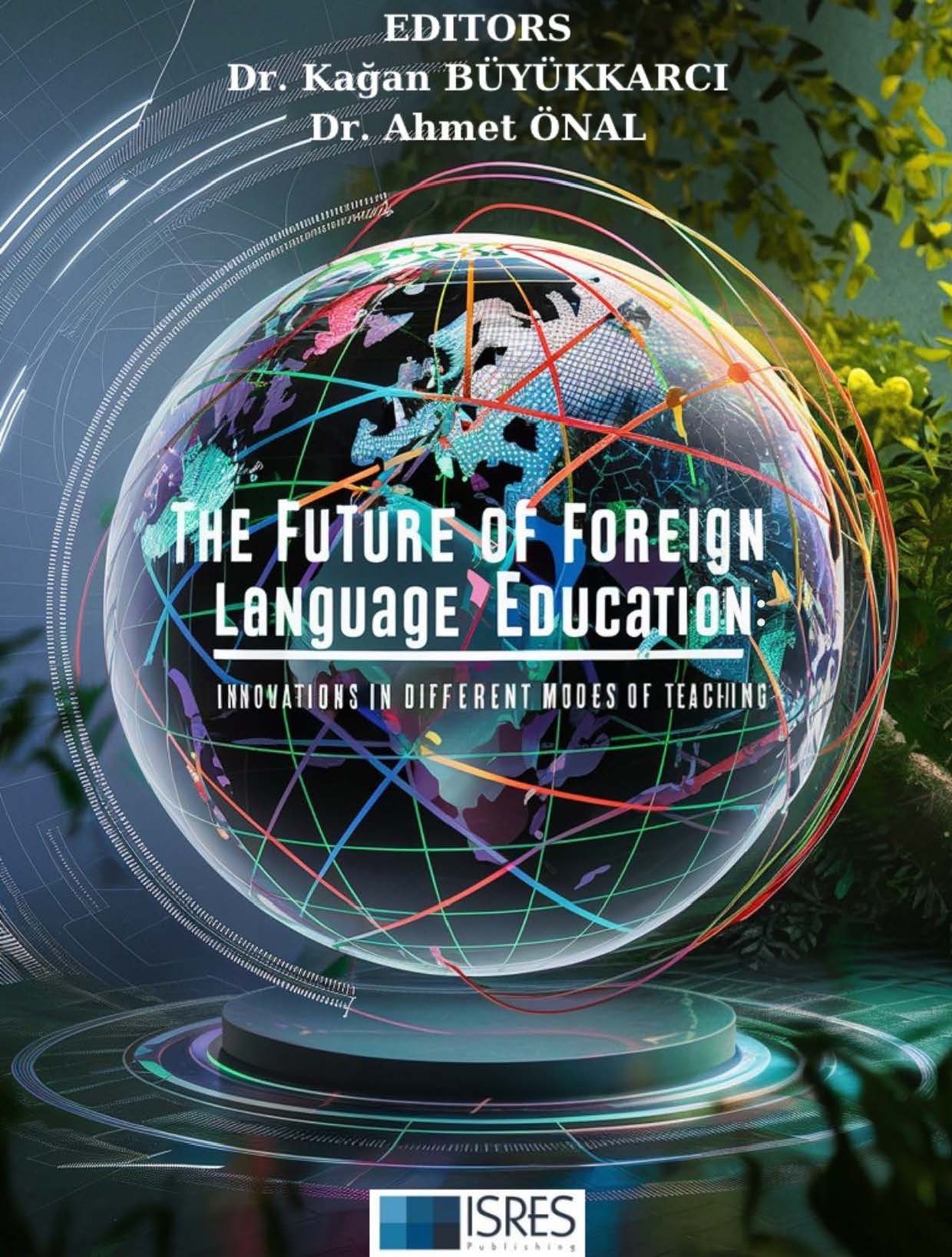
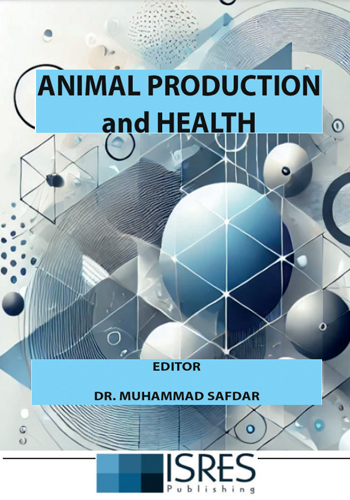

 (1)_16-12-2024.jpg)


_29-12-2024.jpg)
 (1)_01-01-2025_10-03-2025.jpg)

_01-01-2025.jpg)
